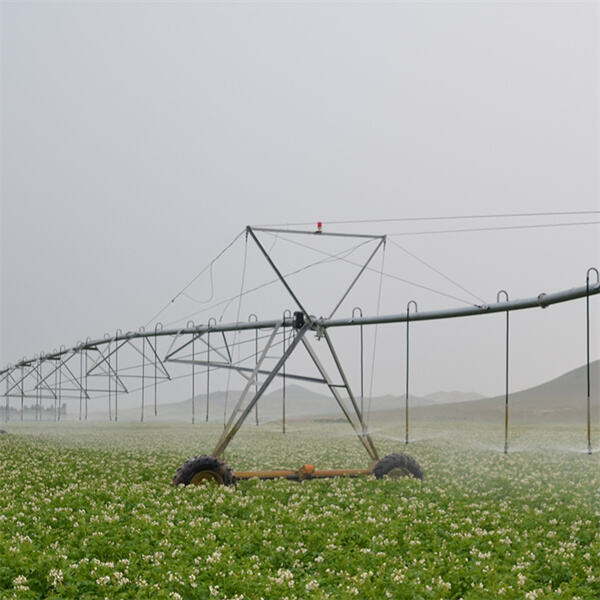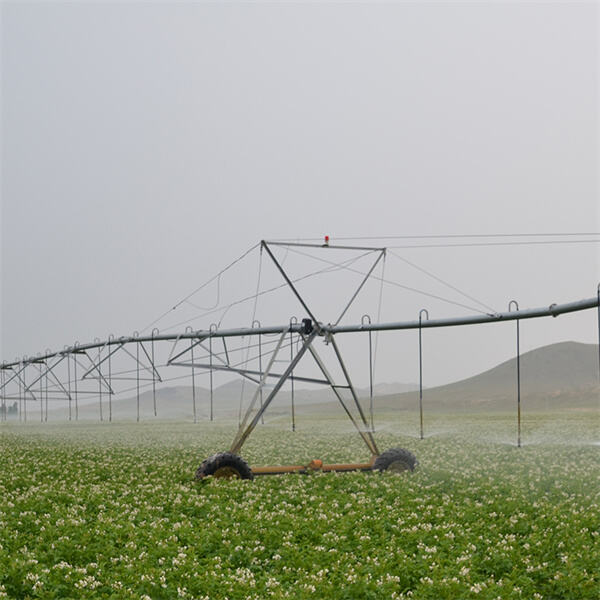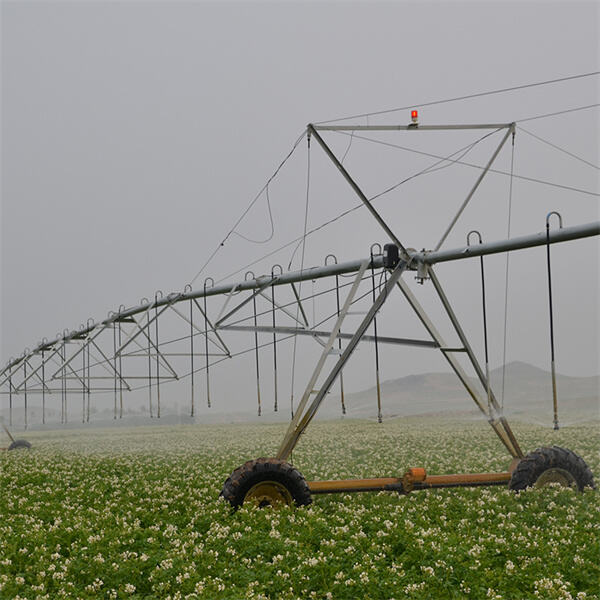For farming crops, circular pivot irrigation is a no-brainer when it comes to watering. This Gengze method relies on a big machine that moves in a circle to distribute water on the plants. This is how farmers are able to grow more food, in a better way.
Pivot irrigation has lots of good stuff to offer the farmer. One large point is that it can conserve water. The lindsay pivot irrigation machine turns in a circle, so it covers a great deal of area with water, and nothing is wasted. This is especially useful in regions where finding water isn’t always possible.
Other plus points for circular pivot irrigation include the time that it can save farmers. Rather than watering crops by hand or through other mechanisms, they can simply turn on the machine and let it do the work. This grants farmers additional opportunity to do other important work on the farm.
Another is by preventing drought risk. Farmers may have a big problem with drought because it can cause their crops to dry up and die. “Farmers can ensure their crops never want for water to grow” with circular irrigation pivots, even if there is no rain.

Circular pivot irrigation techniques are very essential in the present day agriculture. Gengze centre pivot for sale assist farmers in watering their crops in a simple and intelligent manner. Rather than slopping on too much water or wasting it altogether, a farmer can let circular pivot irrigation methods do the work for them, and do it better.

Circular pivot irrigation consists of a big machine that goes in a circle to water crops. This Gengze machine has pipes with nozzles that spray water onto the plants. Because the machine travels in a circle, it can cover a significant field with water while ensuring all the crops receive ample moisture to grow.

Circular pivot irrigation has a large impact on agriculture. Farmers use it to save water, time and money. By this system farmers can raise more food, and have a better harvest. Oh, and farmers can make agriculture more sustainable using circular pivot irrigation to limit the possibility of drought and make certain that crops have ample water for growth.